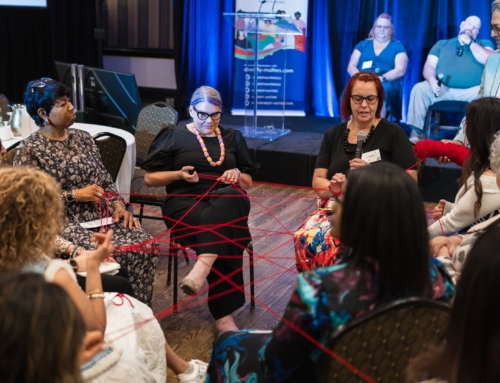Insider Tips for Event Planning Success
A great, impactful event isn’t always defined by the AV, menu, or even the guest speaker – it’s defined by how people feel when they’re there, and how they remember it long after the event has passed. Behind every seamless experience is a strategic plan, smart decisions, and a team dedicated to getting the details right. Whether you’re planning a corporate retreat, a fundraising gala, or a large-scale conference, these five insider tips consistently support event success.
1. Start with the “Why”
The most powerful place to start is, “What are we trying to achieve?” When you’re clear on whether the goal is to educate, celebrate, build culture, sell, raise funds, or spark thought leadership, the rest of the planning process becomes intentional. Purpose should drive decisions about venue, timing, format, content, and tone. When the “why” is strong, the “how” becomes clearer.
2. Think in Journeys, Not Agendas
Attendees don’t experience events as a list of timings on a run sheet – they experience a journey. From the moment they step through the door (or log in online), their emotional experience begins. Consider what they will feel when they are greeted, when they are most energized, when they may feel tired or overwhelmed, and where there is an opportunity to create surprise, delight, connection, or even a social-media-worthy moment. Memorable experiences are rarely accidental; they’re carefully designed and curated.
3. Logistics Are Just as Important as Creativity
A brilliant event concept can fall flat without the operational backbone to support it. Success relies on detailed planning documents, realistic production schedules, clear expectations for every vendor and team member, strong accountability, and back-up plans for every critical point of the program. Creativity sets the tone and vision, but logistics carry the experience forward and ensure that what guests see aligns with the intention behind it. The most successful events require a combination of both logistics and creativity.
4. Communication Is the Silent Event MVP
Strong communication sits quietly behind every well-executed event. It needs to be clear, consistent, and timed appropriately — and it must be tailored to each stakeholder. Clients need progress transparency, vendors need logistical clarity, speakers need support and confidence, sponsors need visibility, volunteers need direction, and attendees need seamless guidance from invitation to on-site experience. When communication flows smoothly, execution becomes not only easier but more empowering for everyone involved.
5. Measure Success – Then Celebrate It
Once the lights are down and the last box of supplies is loaded out, take a moment before diving into the next project. Assess whether the event delivered on its original purpose, review guest and stakeholder feedback, evaluate which decisions made the biggest impact, and identify opportunities for refinement. Measuring success doesn’t only validate the work, it also helps enhance relationships with key stakeholders by providing clarity on the value and impact of the event project as a whole.
Remember, a successful event isn’t the result of one thing going right – it’s the result of hundreds of decisions working in harmony. If you’re considering hosting an event, whether you’re still brainstorming or already planning, we’re here to support you with strategy, structure, and execution. The earlier we’re part of the process, the more value we can add.
Let’s create something unforgettable together. Contact us today to set up a consultation.






